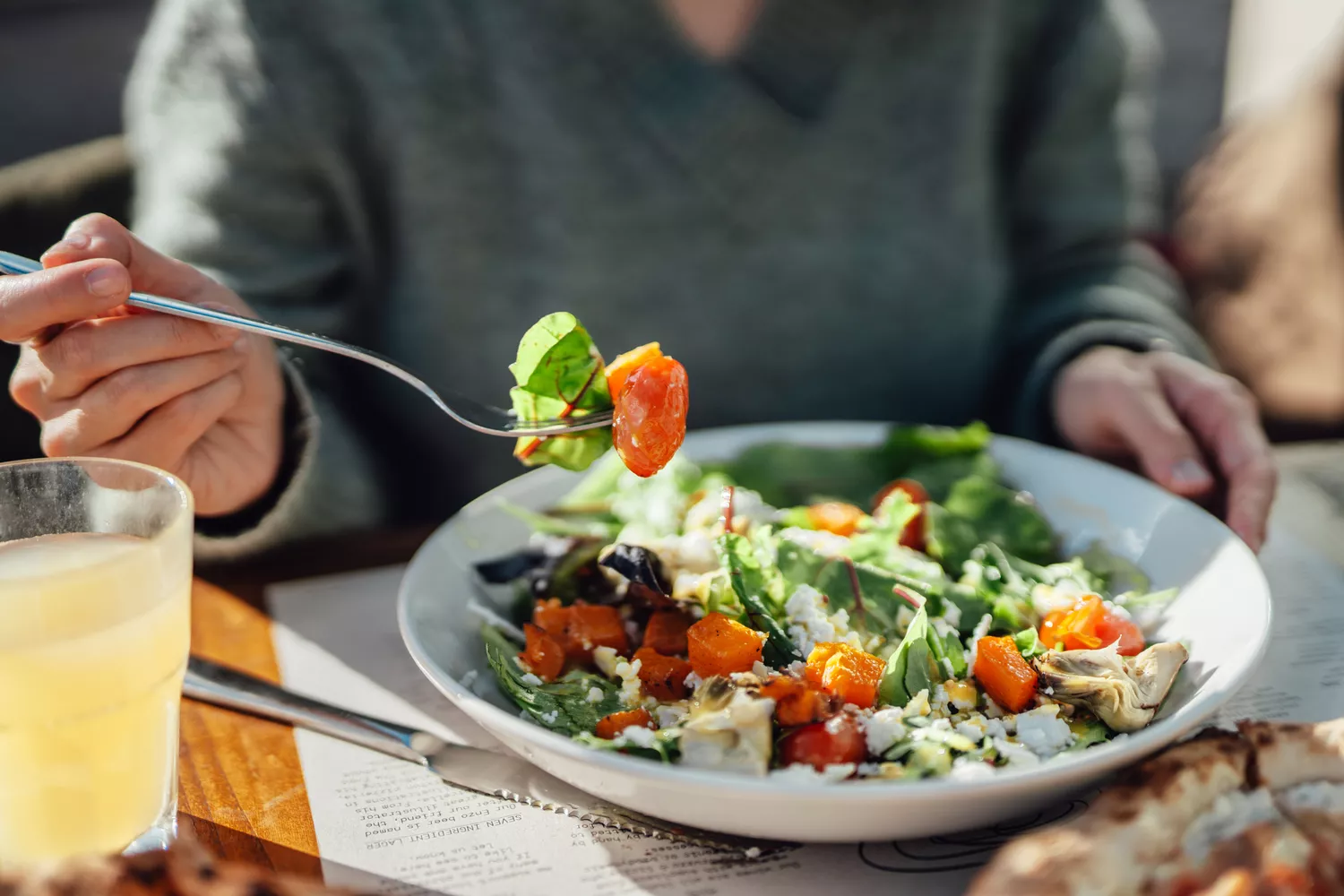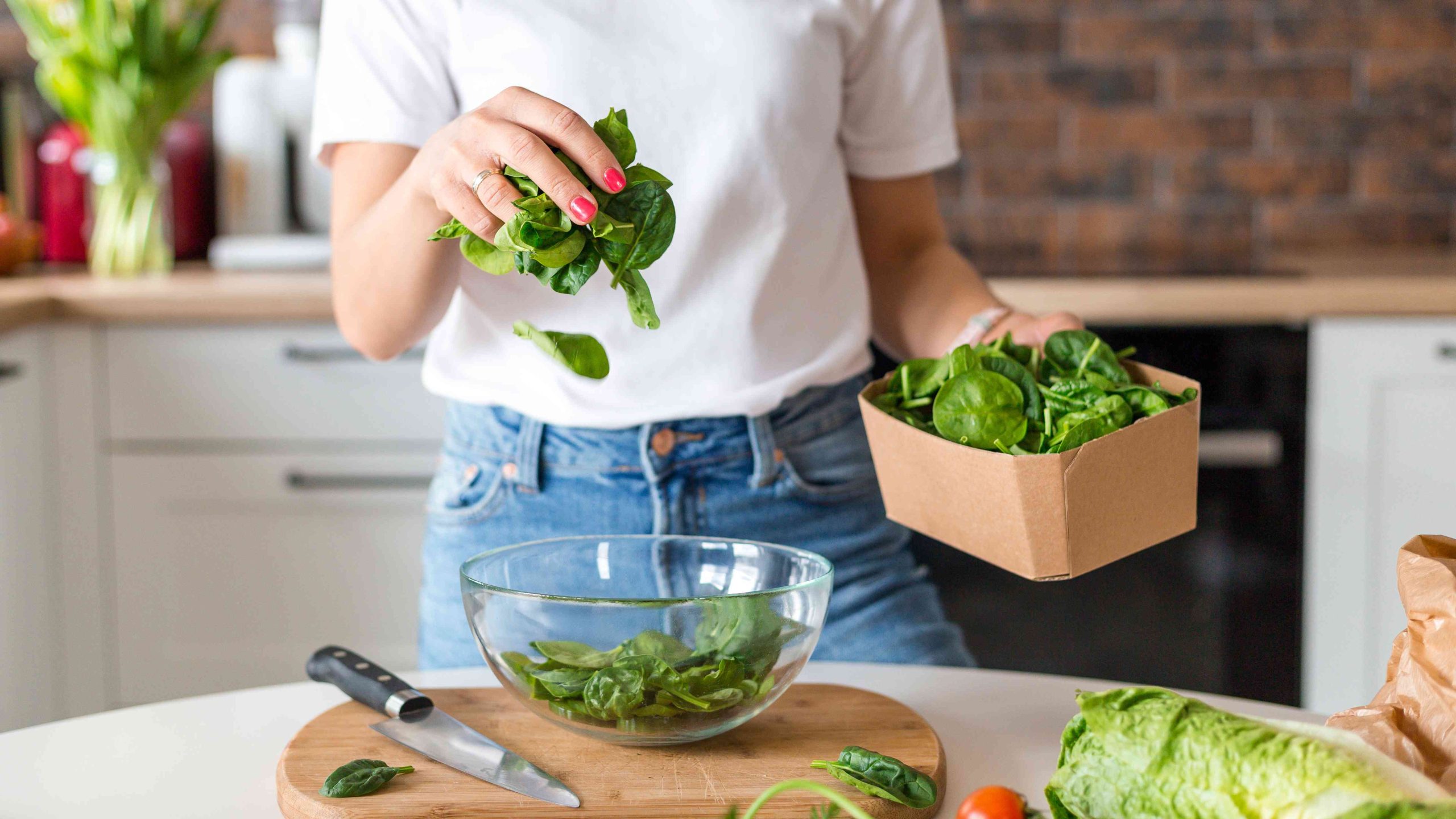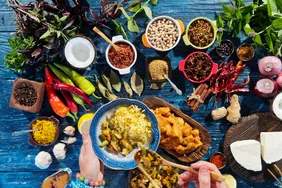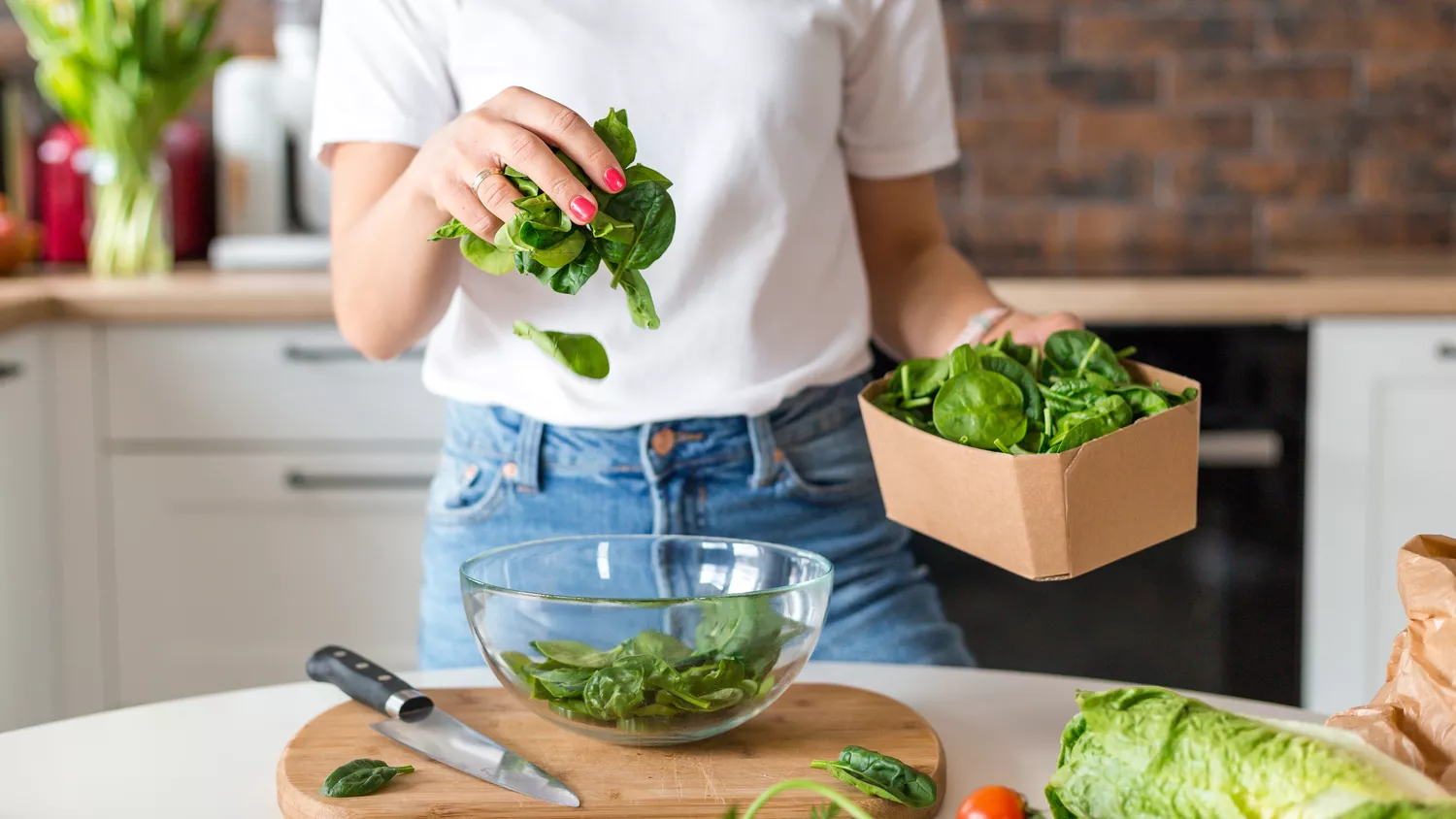Following a vegetarian diet plan may increase somebody’s risk of experiencing a hip fracture, a brand-new study discovers.1.
There is no denying that following a vegetarian diet is linked to a range of positive health outcomes, including safeguarding versus particular cancers and cardiovascular diseases.2.
Petermann-Rocha F, Parra-Soto S, Gray S, et al. Vegetarians, fish, poultry, and meat-eaters: who has greater risk of cardiovascular disease incidence and mortality? A prospective research study from UK Biobank. Eur Heart J. 2021; 42( 12 ):1136 -1143. doi:10.1093/ eurheartj/ehaa939.
However, new research indicate a possible downside of following a plant-based consuming pattern.
Based on an examination of over 400,000 grownups, the new study released in BMC Medicine revealed that both males and females who follow a vegetarian diet have a higher risk of hip fracture vs. those who consist of animal protein in their diet plan.1.
The new research raises the concern: Is following a vegetarian diet too risky to adopt, or does following it merely need some precautionary steps to help keep your bone health in check?
The Link Between Diet and Hip Fracture Risk.
Hip fractures are painful experiences that can badly impact someone’s quality of life.
Roughly 18% of females will experience a hip fracture over the course of their lifetime, compared to about 6% of men.3.
In order to decrease the danger of hip fracture, it’s valuable to prioritize bone health. Among the easiest ways to do this is through diet plan.
To explore whether certain diets impact hip fracture danger, the brand-new research study examined over 400,000 people who were categorized as either regular meat eater, periodic meat eater, pescatarian, or vegetarian, and figured out how many in each group experienced a hip fracture.1.
Of the 413,914 participants involved, there were 3,503 hip fracture cases, corresponding to 0.8% of the sample group. Researchers found that both male and female vegetarians had a 50% higher danger of experiencing a hip fracture than routine meat-eaters.
” This 50% higher threat in vegetarians equated to 3 more hip fractures per 1000 people over 10 years,” said James Webster, BSc, MSc, a post-graduate researcher at the University of Leeds and detective of the study.
The research group discovered no difference in hip fracture frequency among individuals who eat meat regularly and individuals who eat meat occasionally. Pescatarians had a slightly higher (non-significant) threat of experiencing a hip fracture than regular meat-eaters.1.
Why a Vegetarian Diet May Increase Hip Fracture Risk.
There are a couple of proposed reasons why those who follow a vegetarian diet plan might have a raised threat of fracturing a bone.
Vegetarians tend to have lower body mass index (BMI) than meat eaters.4 According to Webster, this lower BMI is part of the reason greater hip fracture risk was observed, possibly due to the fact that “some fat mass helps cushion bones throughout a fall, or because at a lower BMI, bone, and muscle health are most likely to be bad.”.

” Other reasons [for this relationship] might consist of lower dietary protein intake and lower vitamin D levels, but further research study is required to confirm [this relationship],” he stated.
In the brand-new study, vegetarians consumed less dietary protein, iron, iodine, niacin, selenium, vitamin B12, and vitamin D than other diet groups. This group also did not fulfill the daily recommended consumption of protein.
This suggests that not consuming enough protein increases somebody’s probability of hip fracture. In turn, it could be argued that the reverse is likewise true– increasing protein intake may help in reducing the danger of hip fractures amongst vegetarians.
Supporting Bone Health While Following A Vegetarian Diet.
The research study suggests that following a vegetarian diet may increase the risk of experiencing a hip fracture, these results do not indicate that people should avoid following this dietary pattern entirely.
Instead, the increased risk of hip fracture ought to be weighed against the potential benefits a vegetarian diet deals.
” A vegetarian diet plan impacts lots of aspects that affect bone health,” stated Melissa Azzaro, RDN, LD, a registered dietitian in New Hampshire and author of A Balanced Approach to PCOS.
She encouraged that while “animal proteins definitely contribute nutrients essential for bone health, veggies, fruits, vegetables, and grains are necessary too, and diet plan is just part of the image when it concerns the threat for fracture.”.
The Dietary Guidelines for Americans advise vegetarians get 3 servings of dairy day-to-day to assist them consume enough calcium, protein, vitamin D, potassium, and magnesium, amongst numerous other bone health-supporting nutrients.7.
For people avoiding cow’s milk, soy milk is the only dairy milk option that is thought about comparable nutritionally and need to be utilized as a plant-based “swap.” 7 Leaning on other plant-based milk products can supply calcium and vitamin D, but they tend to be much lower in protein than dairy and soy-based products.
Depending on a person’s diet, taking a vitamin D, protein, or other nutritional supplement that assists fill nutritional spaces might be indicated. This technique should just be checked out with a healthcare provider to guarantee suitable doses and forms are picked.
While the new study recommends that those who prevent animal meat have a 50% greater risk of experiencing a hip fracture in their lifetime, that doesn’t indicate vegetarians need to consume meat in order to lower their danger.



